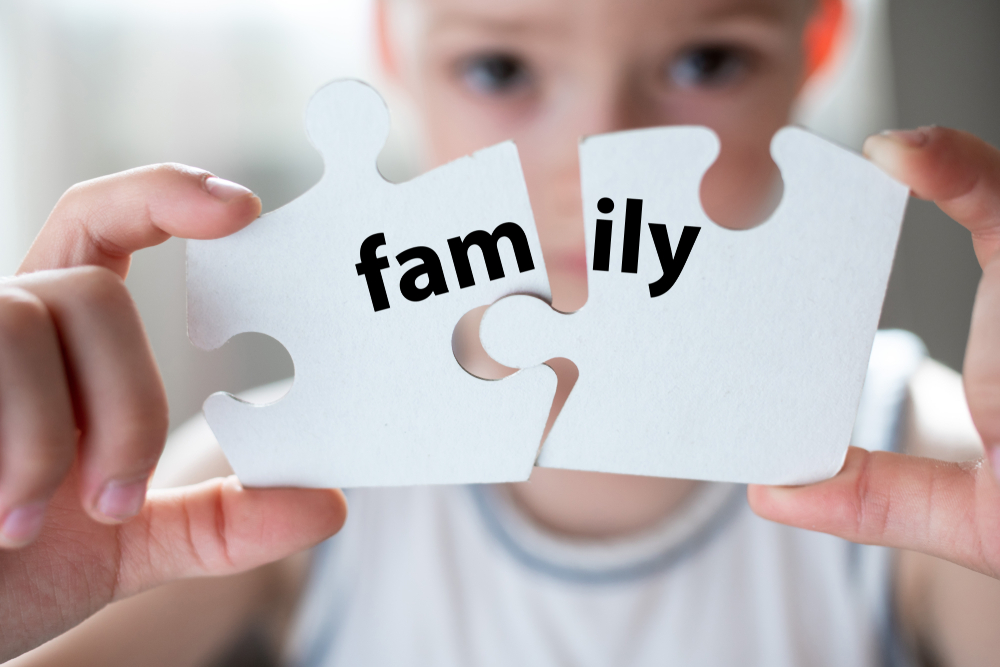Avoiding Parental Detachment For Learning Disabilities

There's no way around it: It can often be a challenge to serve as a parent of a child with ADHD or any kind of learning disability. While such parents naturally love their children just the same as any other child, there's no denying that there are some unique challenges that come with this role - and it's important for parents in these situations to avoid becoming detached or burned-out from their important responsibilities.
At Learning Technics, we're here to help with a wide variety of learning disability treatments, both at-home and in-person, to assist parents and children alike as they work together to manage these kinds of conditions. What are some of the reasons why parents can sometimes become detached from their role in these situations, and how can you avoid these risks and remain a caring, attentive parent to a child with learning disabilities? Let's have a look.
Why Some Parents Become Detached
Firstly, let's look into why some parents may become detached from their role as a parent in this situation. Typically, the biggest source of stress for parents raising a child with learning disabilities is the constant need to adapt and adjust to changes in treatment and lifestyle - something that can take its toll on anyone over time. On top of this, there's the emotional weight associated with seeing your child struggle or fail at certain tasks, something which can be difficult for any parent.
It's important to remember that these feelings are totally normal, and there are ways to cope with them. The key is to remain connected to your child in a positive way, while still taking care of yourself as well. Our next several sections will go over how you can do just that.
Truly Accept the Condition
In some cases, the true source of parent detachment from a child with a learning disability can come from a lack of acceptance of the condition itself. Some parents don't take the time to truly understand and accept the condition, and instead see it as a punishment from themselves or their child. This can easily lead to a feeling of detachment - and should be avoided at all costs.
The best way to do this is to learn about the condition itself, understand what it truly means for your child, and seek out professional help if needed. A little bit of empathy goes a long way, as they say, and this is especially true for a parent-child relationship with these kinds of conditions in play.
Having a Strong Support Network
Support is another key factor when it comes to staying connected as a parent of a child with learning disabilities. Having a strong network of family, friends and even professionals who can offer support and advice when things get tough is essential for any parent in this situation - not just for the sake of maintaining your connection to your child, but for your own wellbeing as well.
One key group to prioritize in your support network: Other parents with children who deal with the same condition. Having a group of people who understand the unique challenges associated with raising a child with learning disabilities can help provide invaluable insight and advice on how to handle these situations in an effective manner.
It's also important not to forget professional support as well: Talk to your doctor or therapist about any worries or fears you may have, and make sure to take any advice they may offer seriously.
Improve Your Self-Care
In other cases, the primary cause of parental detachment is actually due to a lack of proper self-care. As with anything, it's important to make sure you set aside some time to focus on your own needs - and this doesn't just apply to parents of children with learning disabilities.
Take the time to focus on yourself in whatever ways are meaningful for you: Whether that means taking a few hours off each week to read a book, hit the gym, or just take a long walk outside. Making sure you have time to do things you enjoy will not only prevent burnout and detachment from your parenting duties - it can also lead to an overall better quality of life for yourself and your family.
Maximize Quality Treatment for Your Child
Finally, it's important to make sure your child is getting the best care possible. Whether that means seeking out extra help from an educational therapist, meeting with school counselors, or even taking medication - you should never be afraid to take action if it means helping your child reach their full potential.
By doing this, not only will you increase your child's chances of success, but you'll also be able to feel more connected with them as they progress and grow. This connection is the cornerstone of any strong parent-child relationship, and it can significantly reduce feelings of detachment when done correctly.
For more on how to avoid issues of parental detachment or "burnout" when caring for children with learning disabilities, or to learn about any of our treatments for such conditions like ADHD and more, speak to our caring team at Learning Technics today.